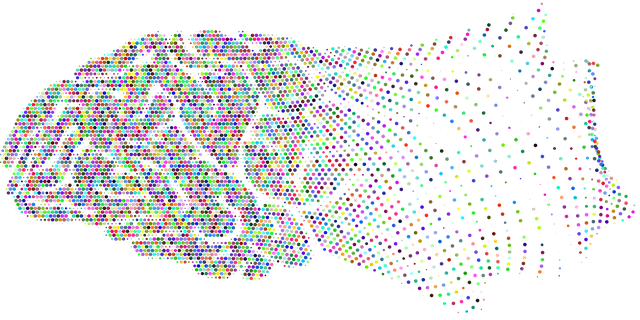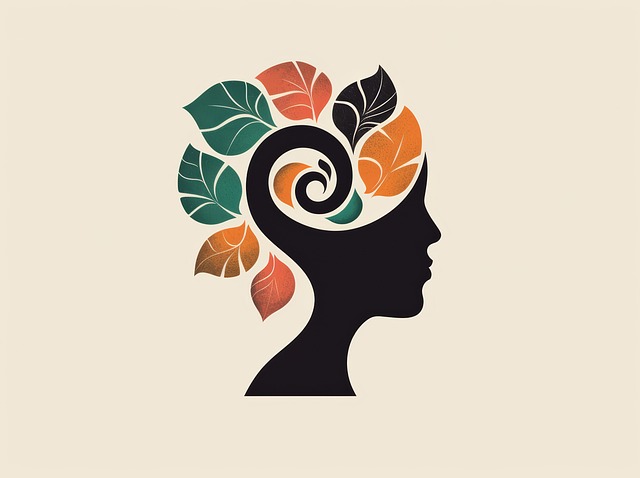Social Skills Training (SST) is an effective therapy for young children with mental health conditions like anxiety or ADHD, helping them navigate social environments and build confidence. Integrating SST with Cognitive Behavioral Therapy enhances skills in communication, empathy, and conflict resolution, promoting healthier social development and self-care routines. For young individuals struggling with gambling addiction, specialized child psychotherapy addresses impulses and emotions linked to gambling, reducing problem behaviors and improving coping mechanisms through evidence-based techniques like stress management workshops and mindfulness meditation. Combining individual therapy with group support fosters learning and provides valuable insights for both patients and caregivers.
Social skills training is a powerful tool for enhancing the lives of young individuals struggling with mental health conditions, particularly when combined with specialized therapy. This article explores the significance of social skills development in addressing issues like gambling in children and adolescents. We delve into evidence-based strategies used in therapy to foster meaningful connections, improve communication, and reduce risky behaviors such as gambling. By understanding these techniques, parents and caregivers can actively support their children’s mental well-being.
- Understanding Social Skills Training for Mental Health in Children
- The Role of Therapy in Addressing Gambling-Related Issues in Youngsters
- Strategies and Techniques for Effective Social Skills Development
Understanding Social Skills Training for Mental Health in Children

Social Skills Training (SST) is a specialized form of therapy designed to help young children with mental health conditions navigate and succeed in social environments. It focuses on teaching essential social skills, such as communication, empathy, and conflict resolution, which can be challenging for kids dealing with issues like anxiety, depression, or ADHD. By incorporating interactive activities and role-playing scenarios, SST enables children to build confidence in their social interactions.
This approach is particularly effective for young individuals struggling with conditions that often manifest in social withdrawal or difficulties maintaining relationships. Through tailored exercises, therapy sessions aim to foster a sense of belonging and improve overall mental wellness. Additionally, integrating SST into a comprehensive treatment plan can enhance the benefits of other therapeutic interventions, such as Cognitive Behavioral Therapy, by empowering children to apply learned skills in their daily lives, ultimately promoting healthier social development and better self-care routines.
The Role of Therapy in Addressing Gambling-Related Issues in Youngsters

For young individuals struggling with gambling-related issues, therapy plays a pivotal role in their journey towards recovery. Child psychotherapy is a specialized approach designed to help youngsters understand and manage their impulses, emotions, and behaviors related to gambling. Through structured sessions, therapists create a safe space for children to open up about their experiences, fears, and motivations behind their gambling habits. This process not only addresses the underlying causes but also equips them with healthier coping mechanisms.
Incorporating evidence-based therapeutic techniques tailored for young gamblers can significantly reduce problem behaviors. Moreover, it can foster resilience against potential burnout among healthcare providers involved in these cases. Stress management workshops and depression prevention strategies are valuable tools that support both the patients and their caregivers. By combining individual therapy with group support, children can learn from one another while gaining valuable insights into managing their gambling-related challenges effectively.
Strategies and Techniques for Effective Social Skills Development

Social skills training plays a pivotal role in assisting individuals with mental health conditions to navigate and engage with their social environments effectively. This process involves teaching specific strategies and techniques tailored to enhance communication, interaction, and emotional regulation. For young children, therapy sessions can incorporate play-based activities and games that foster peer interactions, promoting healthy developmental milestones.
One effective approach is the use of role-playing exercises, where individuals rehearse social scenarios in a safe and controlled environment. This technique empowers them to practice assertive communication, learn to interpret non-verbal cues, and develop coping mechanisms for stressful social situations. Additionally, mindfulness meditation has gained prominence as a valuable tool, helping individuals cultivate present-moment awareness and emotional healing processes. The integration of these practices into therapy sessions contributes to improved mental wellness, making it an integral component in the overall treatment plan, especially when addressing conditions like gambling addiction.
Social skills training, particularly tailored for mental health conditions like gambling-related issues in young children, plays a pivotal role in their therapeutic journey. By combining understanding and effective strategies, therapy can empower these children to navigate social interactions with confidence. This holistic approach not only addresses immediate concerns but also fosters long-term resilience, ensuring they thrive in various aspects of life. Through targeted interventions, we can help young individuals overcome challenges and develop the skills needed for healthier relationships and improved mental well-being.










